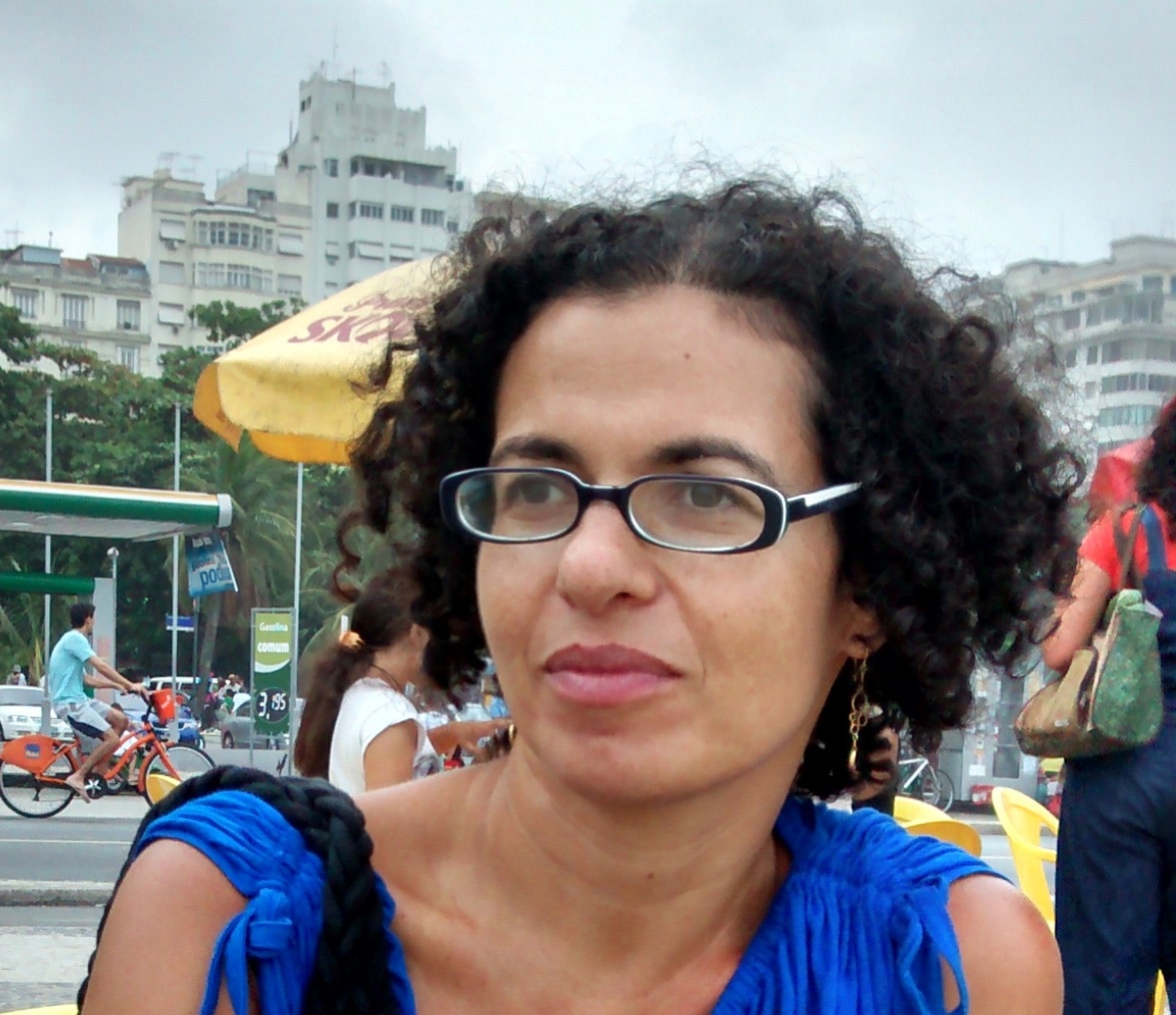The importance of reading for language development – part 1
The way I see it, reading vastly and variedly is the most important language-learning exercise there is. Extensive reading — which Thornbury (2006, p 191) defines as being the more leisurely reading of longer texts, primarily for pleasure, or in order to accumulate vocabulary, or simply to develop sound habits of reading — helps develop general language competence; develops general, world knowledge; extends, consolidates and sustains vocabulary growth; helps improve writing; creates and sustains motivation to read more. (Click here for article on ER). It also makes you more interesting, more fun to be around and even more attractive. 🙂
The article mentioned in the paragraph above also focuses specifically on why ER is good for teachers. Out of the many reasons listed (and I highly recommend you read the whole article), the following stands out: “It (ER) also helps teachers to keep their own use of English fresh. (…) the research on language learner reading shows how extensive reading feeds into improvements in all areas of language competence. (Krashen 2004) If this is true for learners, how much more true for teachers, who risk infection by exposure to so much restricted and error-laden English or who only read professional literature? Regular wide reading can add zest and pleasure to our own use of the language.” (“zest” — I checked — means “enthusiasm, eagerness, energy, and interest”)
In a nutshell, reading rules. If you don’t already read a lot, now is a really good time to start.
The ‘reading is boring’ myth
Brazilians are not famous for being avid readers. According to MEC (Ministry of Education and Culture), in 2010 Brazilians read on average 1,8 books per year. In 2012, an Ibope survey suggested the number of books per capita in Brazil was 4, although only 2,1 books per person were really read until the end. This is disastrous.
This is not because reading is boring, though. I’m of the opinion that one of the reasons Brazilians — and I’m sure they’re not alone in that — don’t read that much is that at school we’re given all the right books at the wrong times to read. Imagine, for instance, a 12-year-old grappling with Machado de Assis and then being tested on it into the bargain. It’s not a very success-oriented approach if we want them to have fun reading, is it? Add to it the fact that most of these children come from households where reading is not really a habit, and a country where books are obscenely expensive, and the result is a nation of non-readers, of which teachers are part.
What to do then?
A less elitist approach to (teaching) reading might help. It’s funny how some people — even those who don’t really read that much — have a penchant for waxing eloquent about the importance of reading Dickens, Hemingway and Shakespeare, and an even greater appetite for trashing the likes of Nicholas Sparks, Dan Brown and Elizabeth Gilbert. Teachers, and especially language teachers, can’t do that. Dan Brown really knows his prepositions, just as Gilbert has no problem with collocations and varied use of grammatical forms. Sparks is amazing at text organization and punctuation, and… you get the idea. All reading is good reading, and should be encouraged.
Harmer (2010, p 110) says ‘not all students become active readers. While some are highly motivated and consume books avidly, others don’t have the same appetite. We can’t force students to read, of course, but we should do everything we can to encourage them to do so.’ We are not going to encourage a non-reader to take up the habit by giving them Paul Auster from the get-go, just as we won’t become readers ourselves starting with Ian McEwan. As teachers –and readers(-to-be)– we should be grateful to J.K. Rowling, Rick Riordan, Stephanie Meyer, E. L. James, George R. R. Martin, John Grisham, Suzanne Collins… These writers have helped create a whole new generation of readers, and might hold the key to turn us into avid readers as well. And who knows? Nicholas Sparks might conceivably lead to Flaubert, although it’s perfectly OK if he doesn’t.
More on that next month, as I’ve already exceeded my 500 words by about 500 words!
Adapted from a post on www.higorcavalcante.com.
____
Bibliography:
– Thornbury, S. 2006. ‘An A-Z of ELT’. Macmillan.
– Harmer, J. 2010. ‘How to Teach English’. Pearson.
– Aebersold, J. A.; Field, M. L. 1997. ‘From Reader to Reading Teacher’. Cambridge.
– https://oglobo.globo.com/educacao/brasileiro-le-em-media-quatro-livros-por-ano-revela-pesquisa-4436899 (in Portuguese)






